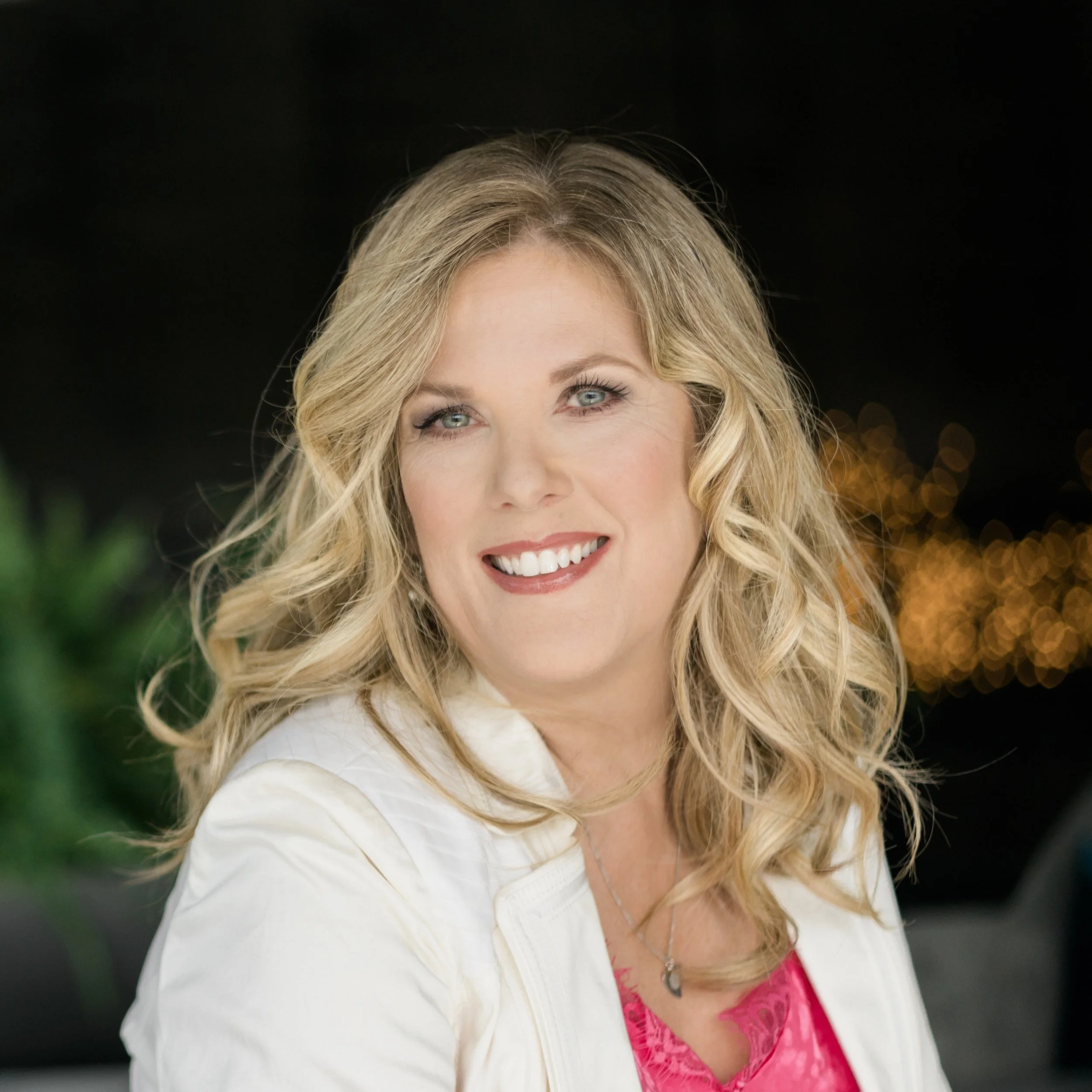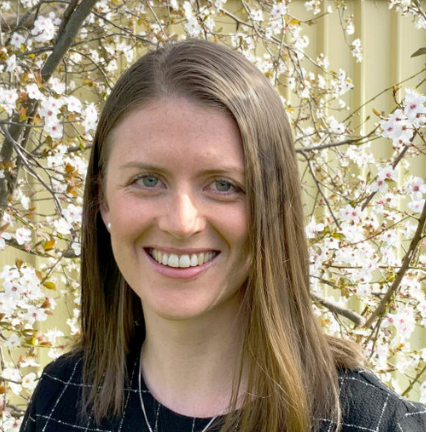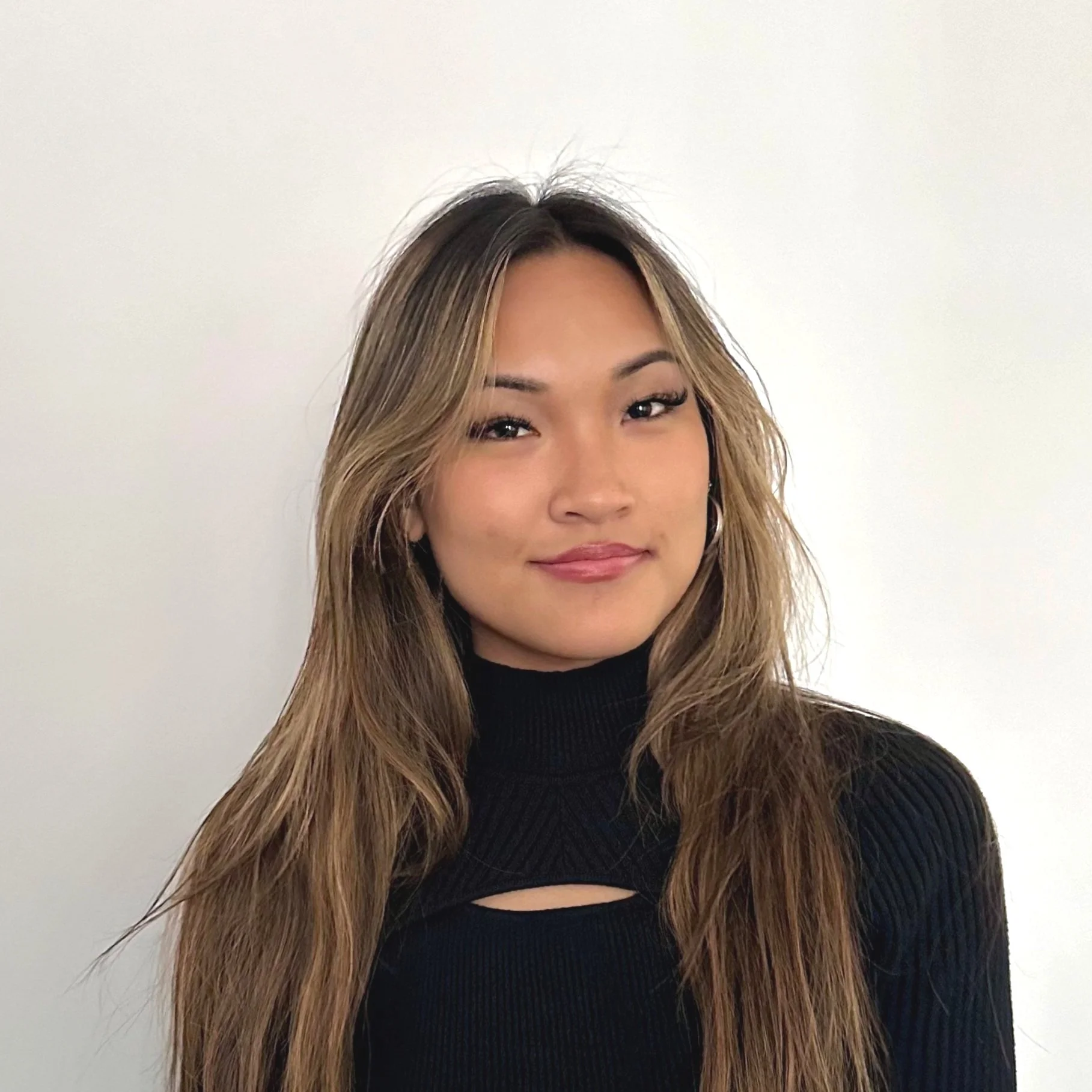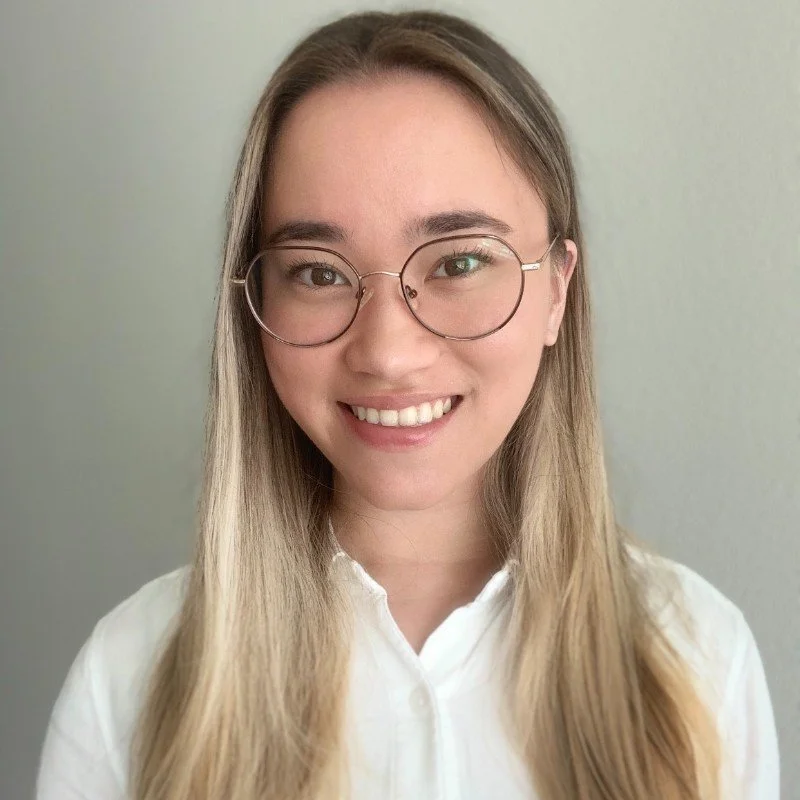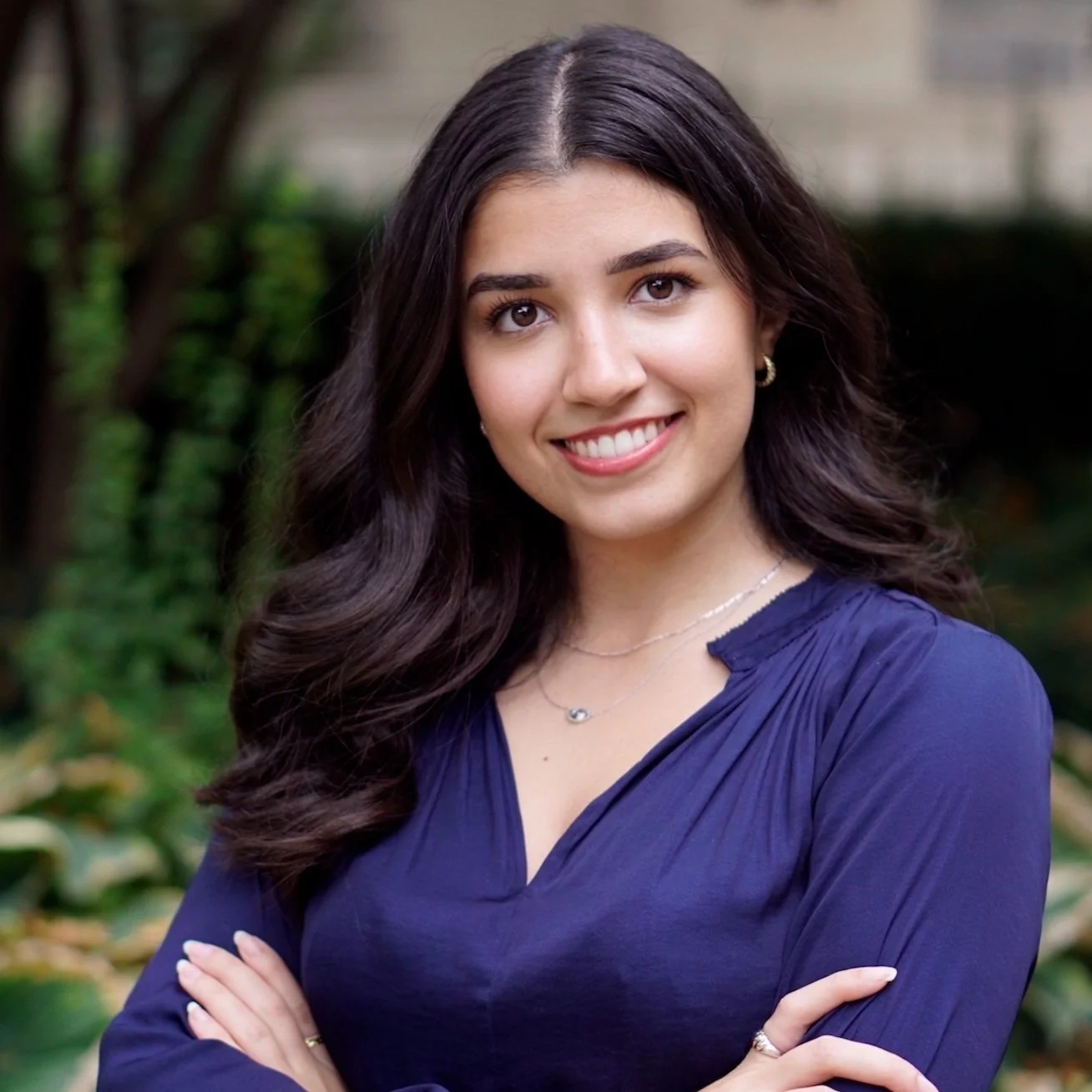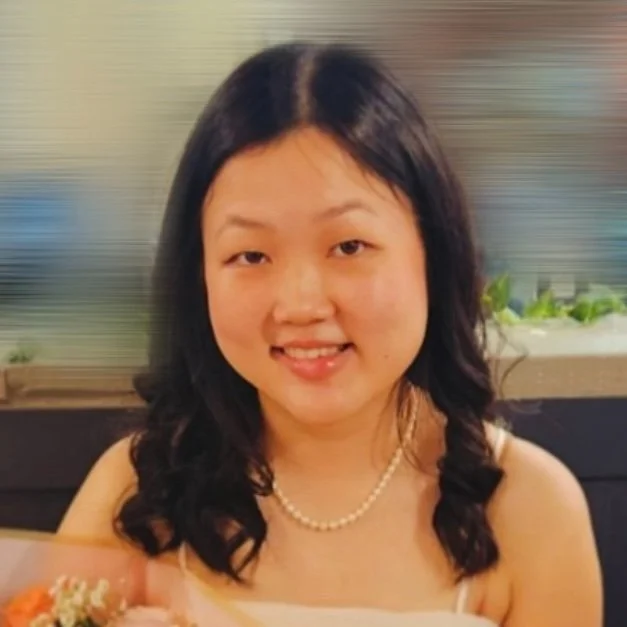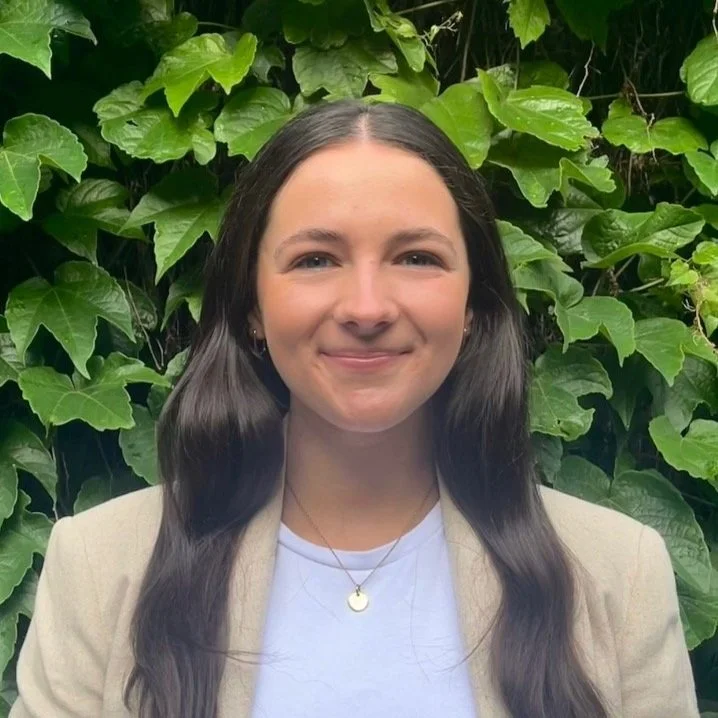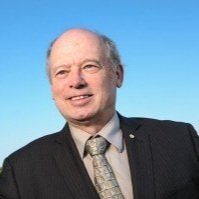The National Youth Advocacy Council (NYAC) is responsible for advising CHILD-BRIGHT-funded projects on optimizing youth engagement activities. Composed of Canadian youth members with lived and living experience of a brain-based developmental disability, the members are available to inform research development, from the generation of questions to the dissemination of results, throughout the CHILD-BRIGHT Network and beyond.
We’re delighted to introduce the NYAC’s three newest members: Keenan Brignall, Kat Jeremiah, and Phoenix Lowe. Read on to learn more about them!
Meet our newest NYAC members:
Keenan Brignall
Keenan is an autistic person from Calgary, Alberta. He is a movie buff and is currently enrolled in Film and Video Production at the Southern Alberta Institute of Technology (SAIT).
Keenan loves history and science-fiction, especially stories involving robots. He’s also interested in military aviation and dreams of one day making a movie about it. He’s passionate about music and sound production
Kat Jeremiah
Kat is from Timmins, Ontario, and a proud member of the Missanabie Cree First Nation. Kat has autism and attention-deficit/hyperactivity disorder (ADHD).
Kat is passionate about youth advocacy, creativity, and community engagement. Serving on multiple youth councils, including the NYAC, they strive to empower and support young people facing challenges similar to their own. With interests in quilting, painting, photography, and reading, Kat brings a creative and empathetic perspective to raising awareness, fostering inclusion, and creating positive change for youth and their communities.
Phoenix Lowe
Phoenix is in her last year of high school in rural New Brunswick. She plans to pursue a Bachelor of Social Work in the fall, with the hope of studying the intersection of mental health bias and neurological health outcomes.
Phoenix is excited to be joining the NYAC and share her experiences living with Tourette’s syndrome and other brain-based developmental disabilities. She’s thrilled to be able to support researchers in strengthening youth engagement.
Are you interested in learning more about our youth research partners and their mandate? Learn more, including how you can request their consultations services for your research project:







